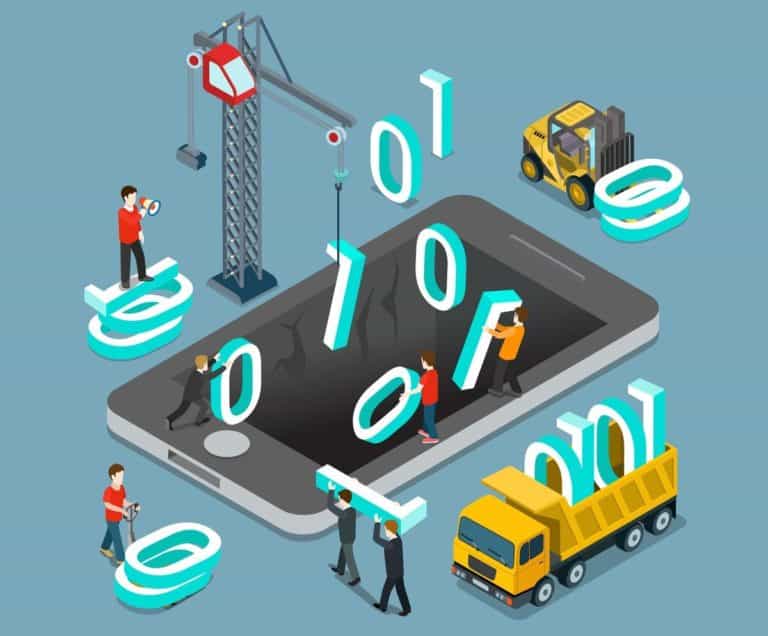Appian has announced that it is working with Smartronix to bring the speed and impact of low code development to the U.S. government and the U.S. Department of Defense. These organizations require stricter security standards, which come from Impact Level 4 (IL4).
The Appian Platform becomes available as a Smartronix managed service in government clouds via Amazon Web Services (AWS) or Microsoft Azure, supported by Smartronix’ IL4-certified managed services platform. With low code it is possible to build applications quickly, without the need for specific knowledge of programming. As a result, companies do not have to hire specialised people.
IL4 is a very strict level of security that applies to controlled, unclassified information that is required by law or policy to protect against unauthorized disclosure or other business-critical information. Appian argues that now that their products can meet this level of security, government agencies can take advantage of accelerated modernization, while meeting all security requirements.
Privacy-sensitive information
The partnership allows Appian’s customers to leverage additional benefits, such as the Authority to Operate (ATO) and Certificate of Networthiness (CON) Advisory Services, which accelerate time-to-value. On IL4, an Appian application can be used to manage and store privacy-sensitive information. These include privacy data such as a personal identification number, protected health information and controls on exporting outside the country, such as software.
Appian already offers the platform for a solution hosted in an IL4 cloud for the American Air Force Contracting-Information Technology (CON-IT) program. The solution, hosted by the U.S. Department of Agriculture, replaces seven obsolete systems to write contracts, to standardize the writing of acquisition contracts throughout the Air Force.
This solution should boost efficiency for the acquisition and contracting communities, reduce costs and provide a platform for accelerating job enhancements and regulatory changes.
This news article was automatically translated from Dutch to give Techzine.eu a head start. All news articles after September 1, 2019 are written in native English and NOT translated. All our background stories are written in native English as well. For more information read our launch article.